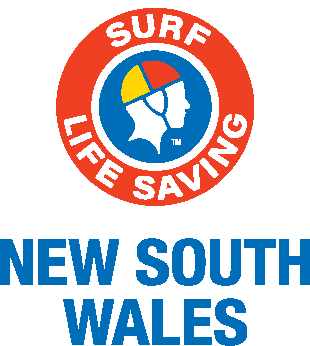Rescue Water Craft (Jetskis) are becoming an increasingly important asset in modern surf lifesaving operations. Their considerable speed and agility in the surf - and the fact they can be crewed by a single driver - makes them ideally suited to coastal emergencies requiring fast responses.
Similarly, the role of RWC drivers is becoming more important. As Surf Life Saving NSW increases its operational capabilities - in line with it being gazetted as an emergency service organisation - Support Operations teams are now on call 365 days a year. As a result, RWC drivers are in more demand than ever.
Surf Life Saving NSW has recently increased the number of RWCs that are on call for emergency responses along the NSW coastline. With the assistance of the NSW Government, each of the 11 branches in the state recently received a new RWC to boost operational capability. Surf Life Saving NSW now operates around 50 RWCs across the state.
Joel Wiseman, Director of Lifesaving at Surf Life Saving NSW, says that being a RWC driver is very rewarding.
“As an RWC driver myself, there have been numerous times when I’ve been tasked to jobs when I’ve been the only asset on scene. RWC drivers are single person operators. You rely on your own capability to make sound decisions and to respond effectively,” said Joel Wiseman.
“I would recommend upskilling to become an RWC driver to any lifesaver. You’re in charge of a $25,000 lifesaving asset. It’s a very challenging but fulfilling role,” said Wiseman.
Anyone interested in becoming a RWC driver is encouraged to check the prerequisites by contacting their Surf Life Saving branch office.
In most branches, the requirements for undertaking RWC driver training includes; having a Bronze Medallion, Senior First Aid Certificate, Silver Medallion Beach Management, Advanced Resuscitation Techniques Certificate and a motor vehicle drivers Licence (for towing purposes).
To become part of a RWC group, most branches also require you to hold your IRB Driver’s licence and to be a proficient, current surf club member. You must also be aged over 18, with over three years’ surf life saving experience.
“Being an RWC driver increases your opportunities as a surf lifesaver. It’s also a great pathway into a Duty Officer role if you’re interested in a greater involvement in surf life saving,” said Joel Wiseman.
Surf Life Saving NSW Support Operations team callouts are becoming more frequent and the incidents they’re responding to more complex.
“Our callout team volunteers are on call 365 days a year. We rely heavily on the RWC during the winter months when we have no regular patrols on the beach,” said Joel Wiseman.
“You can be tasked to respond to a wide variety of callouts - from rock fishers swept from rocks to kite surfers and kayakers being carried out to sea in large swells,” said Wiseman.
At the Surf Life Saving Illawarra Branch, RWC operators patrol a 43 kilometre stretch of coastline from Figure Eight Pools in the Royal National Park, down to Windang Island. They also support 17 surf club patrols. Because of the nature of the role, RWC drivers need to demonstrate a high level of lifesaving skills and surf awareness.
Key to ensuring RWC drivers remain competent is regular training and testing. Last weekend Surf Life Saving Illawarra held the first RWC drivers’ proficiency session of the season. Henry Scruton, NSW Operations Advisor, put a large group of 17 RWC drivers through their paces to dust off the winter cobwebs.
“Annual training ensures our lifesavers are rescue-ready and able to respond to a variety of coastal emergencies along the coastline,” said Henry Scruton.
“In terms of the proficiency, it’s really a re-familiarisation with the craft. We do a number of rescues with both conscious and unconscious patients. We also do enhanced driving training in the wave zone,” said Scruton.
The intake for the next round of RWC training in the Illawarra Branch will be announced in early 2020. Training is normally conducted over the winter months when RWCs aren’t required for beach patrol and search and rescue callouts are less frequent.
Thursday 7 November 2019


